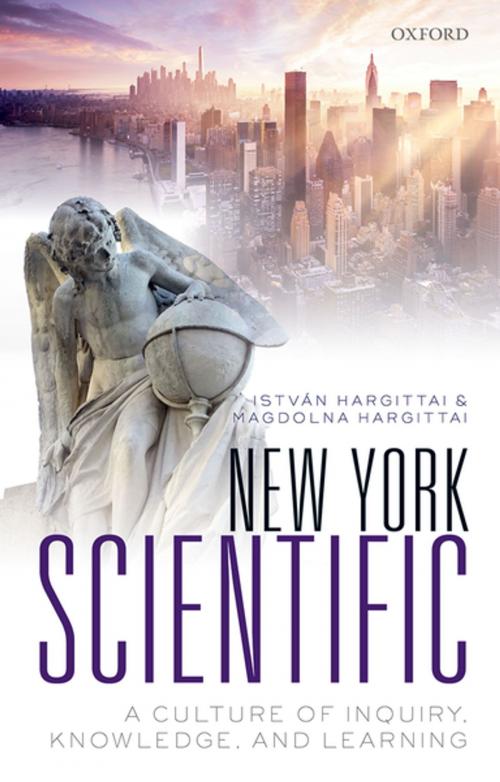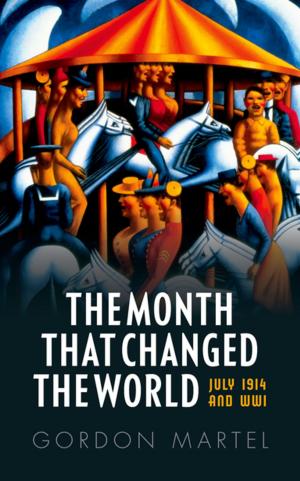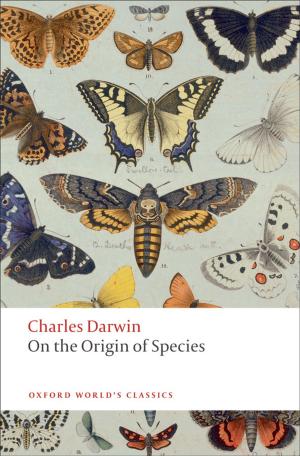New York Scientific
A Culture of Inquiry, Knowledge, and Learning
Nonfiction, Science & Nature, Science, Physics, General Physics, Other Sciences, History| Author: | István Hargittai, Magdolna Hargittai | ISBN: | 9780191084683 |
| Publisher: | OUP Oxford | Publication: | November 3, 2016 |
| Imprint: | OUP Oxford | Language: | English |
| Author: | István Hargittai, Magdolna Hargittai |
| ISBN: | 9780191084683 |
| Publisher: | OUP Oxford |
| Publication: | November 3, 2016 |
| Imprint: | OUP Oxford |
| Language: | English |
This book introduces the reader to the visible memorabilia of science and scientists in all the five boroughs of New York City - statues, busts, plaques, buildings, and other artifacts. In addition, it extends to some scientists and institutions currently operating in the city. New York has been known as a world center of commerce, finance, communications, transportation, and culture, but it also is a world center in science. The city is home to renowned universities and research laboratories, a museum of natural history and other museums related to science, a science academy, historical societies, botanical gardens and zoos, libraries, and a Hall of Science as well as a large number of world-renowned scientists. The book pays special attention to the role of this city in welcoming persecuted scientists and letting African-American and women scientists thrive. The book is presented in an informative and entertaining way, dotted with scientific gossip and anecdotes, and can be enjoyed even without the reader's actual presence in the city. Over eight hundred photographs illustrate the book. They may induce the reader to make their own discoveries in New York.
This book introduces the reader to the visible memorabilia of science and scientists in all the five boroughs of New York City - statues, busts, plaques, buildings, and other artifacts. In addition, it extends to some scientists and institutions currently operating in the city. New York has been known as a world center of commerce, finance, communications, transportation, and culture, but it also is a world center in science. The city is home to renowned universities and research laboratories, a museum of natural history and other museums related to science, a science academy, historical societies, botanical gardens and zoos, libraries, and a Hall of Science as well as a large number of world-renowned scientists. The book pays special attention to the role of this city in welcoming persecuted scientists and letting African-American and women scientists thrive. The book is presented in an informative and entertaining way, dotted with scientific gossip and anecdotes, and can be enjoyed even without the reader's actual presence in the city. Over eight hundred photographs illustrate the book. They may induce the reader to make their own discoveries in New York.















